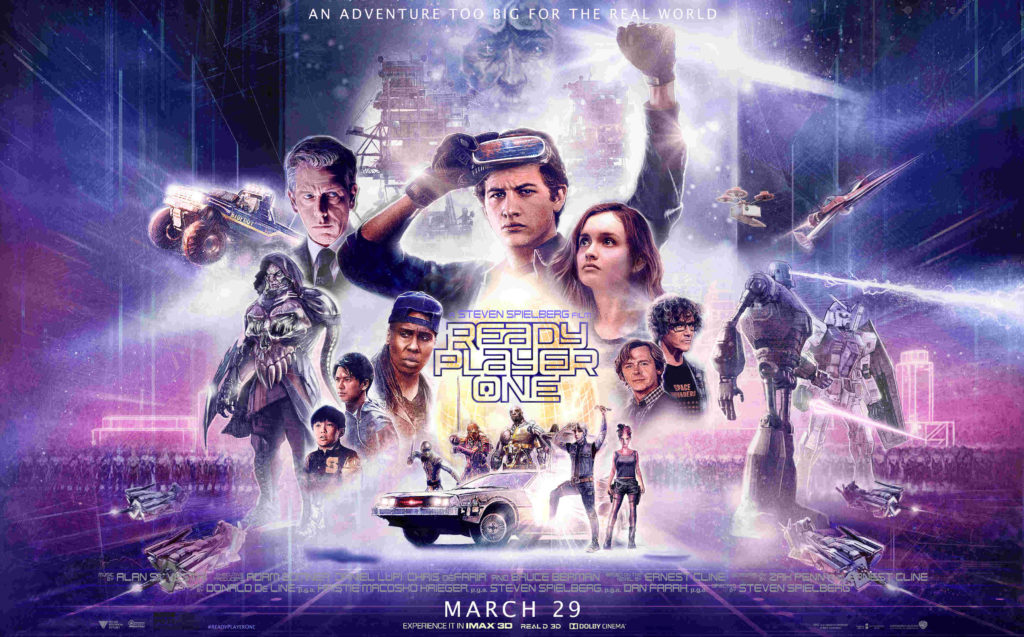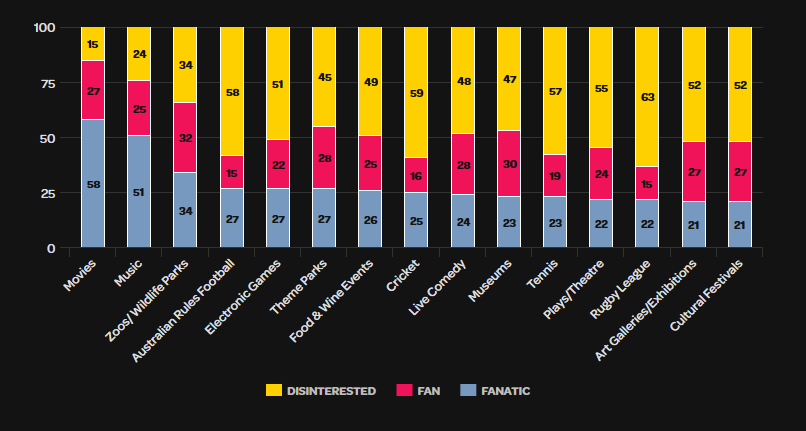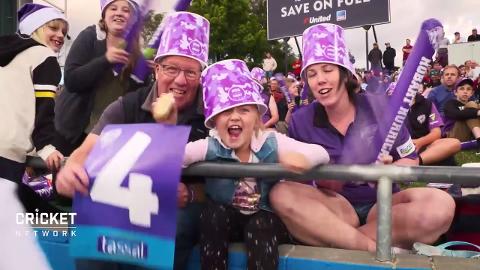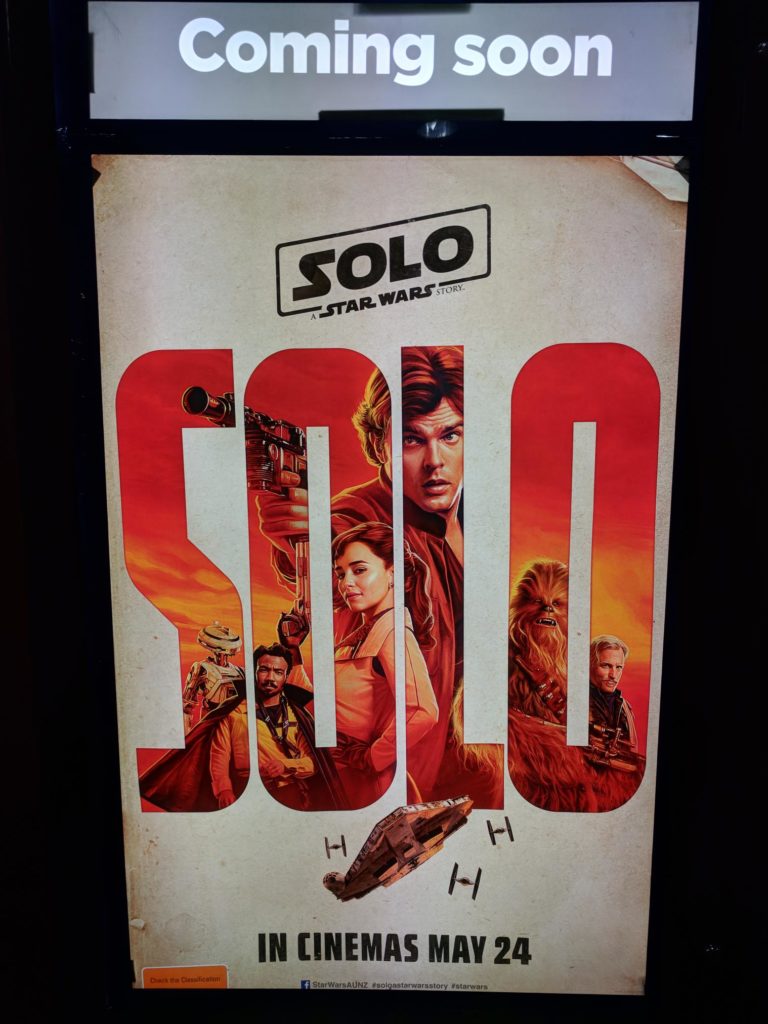
A Gemba Strategy Viewpoint
Nostalgia is such a powerful emotion, it is no wonder it is used again and again by the movie industry to connect with audiences and keep bringing us back to the cinema.
Disney knew it when they paid US$4 billion for Lucas Film in 2012, giving them access to an endless supply of future Star Wars movies. (The next in the Star Wars spin-off production line, Solo, is set for release in May.)
This is, of course, very deliberate. New content that plays to nostalgia opens up the size of the target market. Children of the 1970 and 80s for whom the sight of an X-Wing or Millennium Falcon brings back overwhelming positive feelings are now parents and at the height of their earning and spending power. Older generations can get a kick out of Parzival, the main character in Steven Spielberg’s latest blockbuster Ready Player One, driving around in Marty McFly’s Delorean. Their kids can just enjoy the CGI and the real-life-meets-computer-game storyline.
Strategies like this from movie studios keeps cinema on top as the most widely loved entertainment or sport property, even as our entertainment options fragment and many traditional sports face a slow but steady decline in passionate fans. Data from the Gemba Group shows just how broad and wide the appeal of movies is. Well over half of Australians are highly passionate about movies – more than double the number of AFL or Cricket fanatics.
Australians’ Passion Levels | Sports and Entertainment

Source: The Gemba Group Consumer Insights Program Dashboard. © GEMBA 2018 – Gemba Sport & Entertainment Study: January 2017 – December 2017
And the appeal is incredibly broad. We love the movies evenly, across all age groups and genders.
Australian movie fanatics | Demographic Breakdown

Source: The Gemba Group Consumer Insights Program Dashboard. © GEMBA 2018 – Gemba Sport & Entertainment Study: January 2017 – December 2017
Only music has such an even spread of passionate fans across the population. And music has also profited from nostalgia. The recent tour to Australia of Foo Fighters, for example, shows the pulling power of a great rock band that is playing more to fans’ memories and nostalgia for the late 1990s than to their more recent releases. (Foo Fighters’ biggest-selling album, The Color and the Shape, was released in 1997 – more than 20 years ago!)
But nostalgia is a strange phenomenon – we can feel nostalgic for things we never experienced, or that aren’t even that old. An artist like Ed Sheeran, who also recently completed a sold-out tour of Australia, shows how powerful a mix of “old fashioned” musical references to earlier times and wide appeal across generations can deliver incredible cultural cut-through. Ed Sheeran sold more tickets across his Australia and NZ tour than any other single concert tour before him. Anyone who attended one of his 17 shows would have been struck by the diversity of the crowds – kids, teens, grandparents, and everything in between.
It is perhaps surprising then that sports are yet to really develop a successful strategy to use nostalgia to reconnect with lapsed fans and connect with new ones – not to the extent that movies and music have profited from this strategy, anyway.
Of course teams with long, storied histories speak to that in their membership campaigns, and for many long-suffering fans their loyalty is as much about retaining a connection to the past, to family and personal history, as it is about the prospects of success this year. The recent uproar over an attempt to modernise AFL Club theme songs shows how important that connection to history is for many fans.
We have seen isolated instances of sports marketing campaigns that play to our collective (mostly) fond memories of the great one-day cricket clashes of the 1990s, back when the uniforms were the original green and canary-yellow (or brown, in New Zealand’s case). Nostalgia was a key driver of Toyota’s long-running Legendary Moments campaign. Earlier this year NAB released a campaign for the AFLW with the tag line “History in the Making”, with top female footballers inserted into old footage. There is no doubt that attending AFLW games at Princes Park or the old Western Oval (now Whitten Oval) was to at least some extent an experience in nostalgia for many footy fans, whether or not they had ever been to a VFL game at those grounds back in the day.
NRL holds its “retro” or heritage round, where teams wear jerseys from the past and classic team rivalries are scheduled. The AFL held a heritage round each season from 2003 to 2008, but has not (yet) gone back to the concept. Could we see a more overt return to nostalgia, perhaps as part of AFLW at local suburban grounds, or even worked somehow into the ultra-modern AFLX concept?
Could cricket’s Big Bash League do more to connect young fans of that format to the history of World Series Cricket, or the successful Australian one-day teams of the 1990s – and at the same time give the kids a reason to bring their parents along to revel in nostalgia for a night?

It’s also worth remembering that today’s fan experiences are forming the memories that will trigger nostalgic feelings in decades to come. Traditionalists may shudder at the thought that kids of the late 2010s will look fondly back on the days they wore a bucket on their head to the cricket, but these are the experiences that future reminiscences will, if well executed, bring fans back to the game throughout their lives.
So much of sports industry strategy these days is focused on innovation. New formats, new competitions, technology, “enhanced experiences”, all aimed at attracting new (younger) fans. Innovation is important – the demographics are clearly stacked against our biggest established sports (AFL, cricket, rugby league, football/soccer) as their current core fan base ages and younger generations face infinitely more choice in what sport or entertainment they consume than their parents ever did.
But perhaps there is also a role for introducing an element of nostalgia into the growth and retention strategies of sporting organisations, and to learn from the ongoing success of the movie industry that keeps us coming back, and introducing new generations to the loved icons of the past.
See you on May 24, Han Solo.
